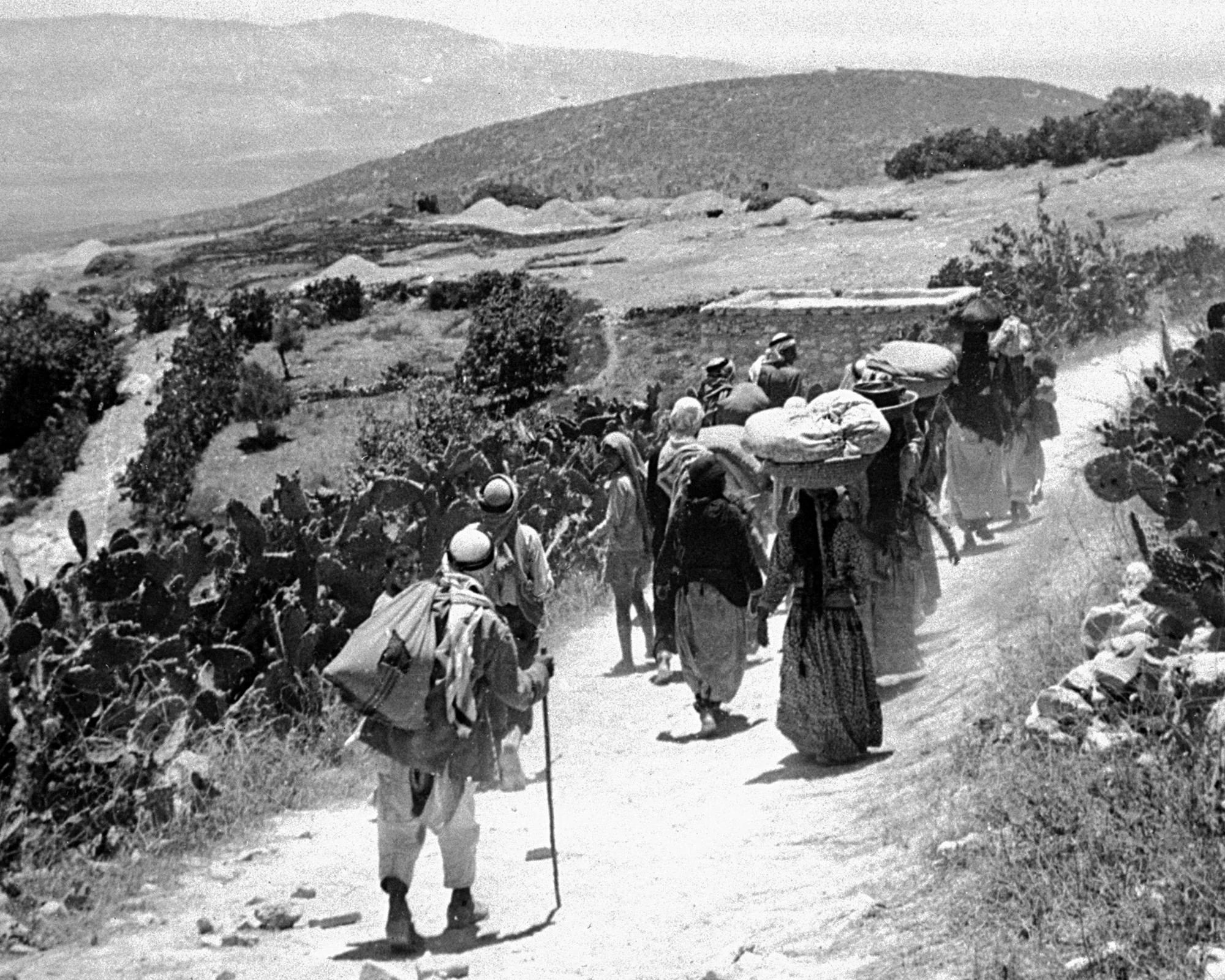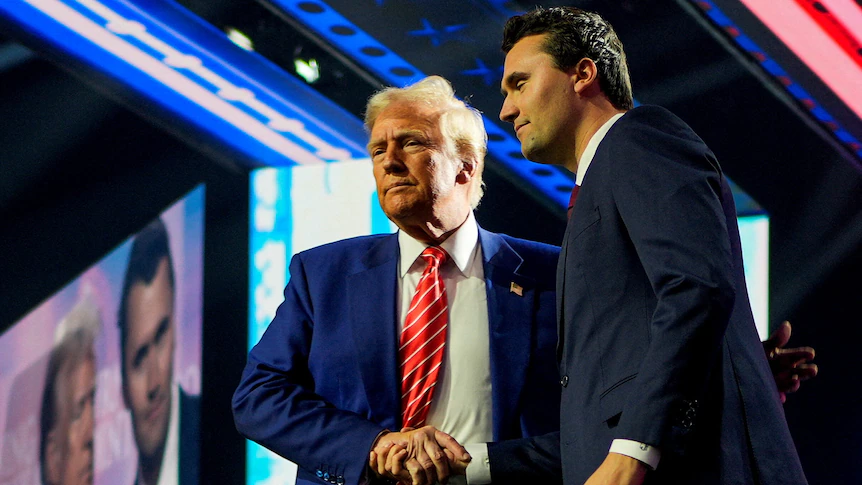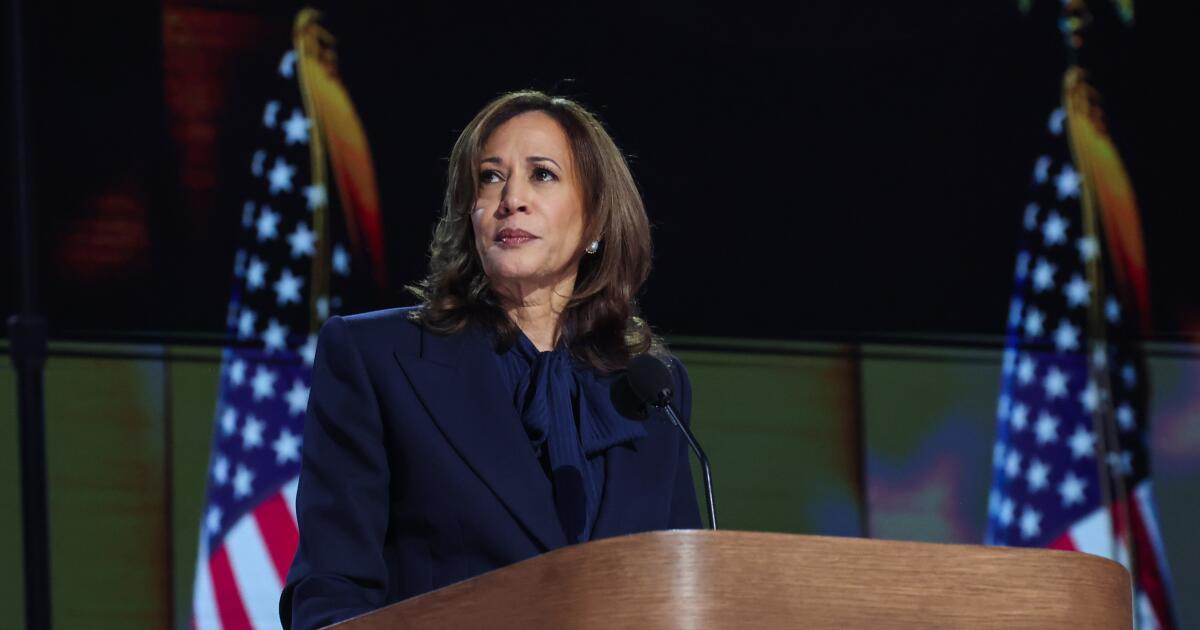By Patrick Wintour Diplomatic Editor
Copyright yahoo

In announcing at the UN in July that the UK would recognise a Palestinian state, the UK foreign secretary, David Lammy, said he felt the hand of history on his shoulders. That is not altogether unsurprising, since no European state has played a longer or more controversial role in handling the Palestinian people’s right to self-determination. These are some of the key moments for Britain’s involvement.
The world at war
In 1914 when the first world war began, the Ottoman empire threw in its lot with the central powers and Britain’s response was to declare Egypt a British protectorate. The following April, the members of the triple entente – France, Russia and Great Britain – started to secretly negotiate backroom plans for the Middle East on the assumption that the Ottoman empire would collapse.
Between 1915 and 1916, secret talks led to the Sykes-Picot agreement, a Franco-British deal fully disclosed only 20 years later, to carve up the Middle East. It set out the French and British priority of interest across the Middle East, including a broad plan for international administration in Palestine.
At the same time, Arab leaders believed that in correspondence between Sharif Hussein, the custodian of the Islamic holy cities of Medina and Mecca, and Sir Harold McMahon, the high commissioner of Egypt, a clear commitment was given that Britain would support a revolt against the Ottomans and promote an independent Arab state covering the whole of Ottoman Asia. The revolt occurred in 1916, with the British general Edmund Allenby eventually seizing Palestine from the Turks.
The Balfour declaration
In November 1917 the UK foreign secretary, Arthur Balfour, in a letter to Lord Rothschild, made a third commitment about Palestine’s future. He stated that the British government “view[ed] with favour the establishment in Palestine of a national home for the Jewish people without prejudice to the civil and religious rights of the non Jewish community”.
Many motives have been cited for this promise, but Balfour thought it right in principle, writing in August 1919 that “Zionism, be it right or wrong, good or bad, is rooted in age-long traditions, in present needs, in future hopes of far greater import than the desires and prejudices of the 700,000 Arabs who now inhabit than ancient land”.
In 1922, despite the promises of independence, Britain’s right to retain the mandate for Palestine was granted by the League of Nations and the Balfour declaration was included as part of that mandate.
Arab revolt in Palestine
In 1936 the Palestinians’ increasing frustration with the British led to open revolt, and then a brutal repression. The UK’s Peel commission decided reluctantly in 1937 that partition was the only answer, even though it would entail the mass displacement of Palestinians.
As Hitler’s persecution of the Jews accelerated, the number of Jews in Palestine reached 450,000 – a third of the population. On the eve of the second world war in 1939, in an attempt to mollify both sides, a UK white paper said it favoured a Palestinian state within 10 years but the Balfour declaration “could not have intended that Palestine should be converted into a Jewish state against the will of the Arab population of the country”.
The British mandate is abandoned
In 1947, weakened by war and faced by violence from Jewish and Arab communities, the foreign secretary, Ernest Bevin, handed the conflict to the United Nations, abandoning the British mandate. In November, with resolution 181, the UN voted by 33 to 10 for a partition highly favourable to Israel and with the strong support of the US president, Harry Truman.
The state of Israel is established
A state of Israel was declared in May 1948. Britain was supposed to oversee the partition, including an economic union between the two states, but largely washed its hands.
Israel and Arabs were largely left to fight it out and as a result of the 1948 war, about 750,000 Arabs were displaced, out of a population of 1,500,000.
From there on, the US came to dominate Middle East politics. At first it was reasonably even-handed between Arabs and Israelis, but as the cold war increasingly defined everything, it came to treat Israel as a uniquely vital ally.



